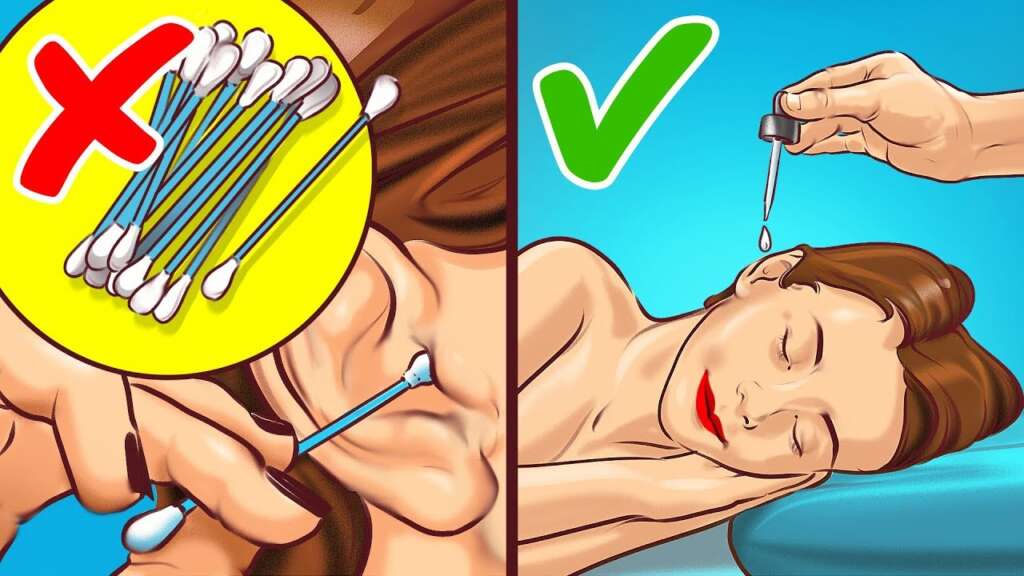Improve Your Hearing

Article Outline
Table of Contents
- Introduction
- The Importance of Ear Health
- Common Ear Problems
- How to Improve Your Hearing
- Healthy Habits for Better Ear Quality
- Diet and Nutrition for Ear Health
- The Role of Exercise
- Protecting Your Ears
- Avoiding Loud Noises
- Ear Care Tips
- Home Remedies for Ear Health
- When to Consult a Professional
- Technology and Ear Quality
- Conclusion
- FAQs on Ear Quality
Article ( Improve Your Hearing )
Introduction ( Improve Your Hearing )
Your ability to hear is a precious sense that you should cherish and protect. Ear quality plays a significant role in your overall well-being, communication, and daily life. In this article, we will explore ways to improve your hearing and maintain optimal ear health. ( Improve Your Hearing )
The Importance of Ear Health
Good ear health is essential for effective communication and an improved quality of life. It enables you to connect with your surroundings, enjoy music, participate in conversations, and be aware of potential dangers. Neglecting your ear health can lead to a host of issues, from hearing loss to ear infections.
Common Ear Problems
Before we delve into how to enhance your ear quality, let’s briefly discuss some common ear problems. These include earwax buildup, ear infections, tinnitus (ringing in the ears), and hearing loss. Each of these issues can impact your ability to hear and can be distressing. ( Improve Your Hearing )
How to Improve Your Hearing
- Healthy Habits for Better Ear Quality
Maintaining a healthy lifestyle is essential for ear health. This includes regular exercise, a balanced diet, and staying hydrated. These habits promote overall well-being, including your ears. - Diet and Nutrition for Ear Health
Certain nutrients, such as omega-3 fatty acids and antioxidants, play a crucial role in preserving ear health. Foods like fish, nuts, and colorful fruits and vegetables can contribute to better hearing. - The Role of Exercise
Engaging in physical activity enhances blood circulation, which is vital for ear health. Cardiovascular workouts like walking, jogging, and swimming can benefit your ears. - Protecting Your Ears
One of the fundamental ways to improve ear quality is by protecting your ears from loud noises, excessive earwax, and harmful chemicals. Use earplugs in noisy environments and avoid inserting objects into your ears. - Avoiding Loud Noises
Prolonged exposure to loud sounds can lead to hearing damage. If you’re regularly exposed to high noise levels, invest in noise-canceling headphones and take breaks to reduce the strain on your ears. - Ear Care Tips
Simple practices like cleaning your ears gently and using warm, not hot, water can help maintain ear hygiene. - Home Remedies for Ear Health
Some home remedies, like warm olive oil drops or saline solution, can assist in managing ear issues. However, always consult with a healthcare professional for severe problems.
When to Consult a Professional
If you experience persistent ear problems, including hearing loss, pain, or infections, it is essential to seek the guidance of an audiologist or an ear specialist. Timely intervention can prevent further complications.
Technology and Ear Quality
Advancements in technology have led to various hearing aids and assistive devices that can significantly improve the quality of life for those with hearing impairments. These technologies are constantly evolving, offering better solutions for individuals with hearing challenges.
Conclusion
Your ear quality is a vital component of your overall health and well-being. By adopting healthy habits, protecting your ears, and seeking professional help when needed, you can enhance your hearing and enjoy a better quality of life.
FAQs on Ear Quality
- How can I prevent earwax buildup?
Regularly clean your ears with warm water and avoid inserting objects into them. - Can I improve my hearing naturally through diet and exercise?
A balanced diet and regular exercise can support ear health, but if you have significant hearing issues, consult with a professional. - Are there any warning signs of hearing loss I should be aware of?
Warning signs may include muffled sounds, difficulty understanding conversations, or persistent ringing in the ears (tinnitus). - Can earplugs protect my ears from loud noises effectively?
Yes, earplugs can provide effective protection in noisy environments, but make sure to use them correctly. - How often should I have my ears checked by a healthcare professional?
It’s a good practice to have your ears checked during routine medical check-ups or if you experience any ear-related problems.
